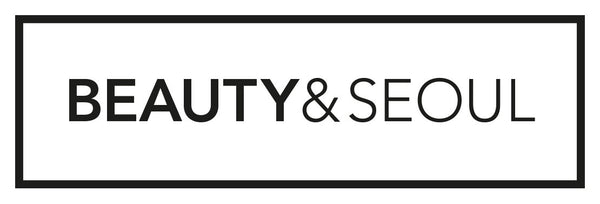All About SPF
Everyone seems to be talking about SPF lately. For those of us familiar with Asian skincare or who have lived in Asian climates, you will have likely been slapping on a SPF Factor 50 PA++++ for years. Every damn day. But the idea of putting on a high factor suncream on a daily basis is still relatively strange to most of my friends. Don’t get me wrong, when I grew up I was all about that tan and dousing tanning oils on me but I always noticed how red, irritated and dry my skin felt afterwards. As I got older, I also began noticing those older women with wrinkly, sagging skin who had obviously spent too many years in the sun and thought ‘nah, I WILL not look like that!’

Using an SPF daily has personally really helped the condition of my skin and I think this is important to point out. It always seems as though using a daily SPF basically translates to: ‘I don’t want to get tanned and want to be as pale as possible’. That’s not the case. I just don’t want early wrinkles and using an SPF daily helped even out my skin tone leaving my skin looking and feeling brighter.
Why are Korean SPF's popular?
Korean women have a pretty demanding wish list when it comes to SPF and as such, many companies have invested a lot in to research and development to create the perfect formulations. Forget the thick, white and stinky sun creams of your childhood that your mum would slap on your face and leave greasy residues in the pool (ew) – I’m talking about suncreams that you barely even notice on your face.
So what do I want in an SPF?
- High SPF factor. In the words of Love Island, I want to ‘slap it on Factor 50’. The SPF Factor generally indicates how long the skin covered takes to redden in response to UV (usually the level of UVB protection offered).
- I want both UVA (long wave rays which penetrate skin deeper) and UVB (short wave) protection.
- I ideally want the maximum PA++++ (this is based on the PPD Test – Persistant Pigmentation Darkening test which measures the increase of UVA someone can be exposed to before tanning).
- I don't want it leave a white cast on my face. Never a good look.
- I want it to absorb quickly – I don’t want to feel any greasy or sticky residue
- I don’t want it to smell like suncream. You just know what I mean.
And then there’s another choice that some people are now looking in to. Whether to get a physical or chemical suncream. So, what’s the difference?

Chemical v Physical
Essentially, there are two ways in which suncreams can protect skin from the sun’s rays.
- The physical REFLECTOR: Acts as a filter that blocks UV radiation by creating a physical barrier on top of the skin so rays bounce off it.
- The chemical ABSORBANT: Absorb the sun’s rays and then destroys them by turning them in to heat.
It's entirely up to you! People usually shy away from the word ‘chemical’ but you’ve probably been using chemical suncreams for most of your life. Chemical suncreams are the most common and arguably offer more coverage against UVA and UVB rays. However, they can irritate those with extremely sensitive skin. Physical suncreams however, usually are the ones that create a white cast so brands have tried to improve these physical formulations through nano-technology (where the core physical ingredient, for example zinc oxide, is ground up so that it doesn’t leave a white cast but still gives the same protection.) That said, there are some people who are now opting for non-nano formulations safe in the knowledge that these ground up particles are not entering the bloodstream. An example of a physical non-nano suncream is our recently launched Purito Comfy Water Sun Block. It remains the best physical SPF I have tried.
So which should I be using?
A common question I get asked and one that I can never answer as that is entirely up to you, what works for your skin type, ingredients that work for you and your opinion on the physical versus chemical or non-nano debate. In my humble opinion, it depends on what sensitivities your skin has, what ingredients are more effective on your skin etc. For example, someone may opt for the Cosrx Aloe Soothing Sun Cream but someone else may have a sensitivity to Aloe. Like I always say – WHAT WORKS FOR YOU MAY NOT WORK FOR SOMEONE ELSE! As with any skincare product, it’s about finding the right one for you. Many people, especially for kids, will opt for a physical as well as those conscious about what goes on their skin or those with sensitive skin. What is important is that both types provide skin with suitable sun protection and whichever you choose – please use it daily!
Sounds great, where can I buy them?
Over the last few months we, at Beauty & Seoul, have fast tracked some excellent sun creams into our range, and we are really proud of the products we have to offer. You can explore our SPF range here and pick the perfect suncream for you.


